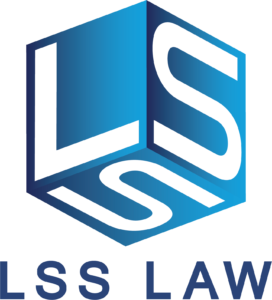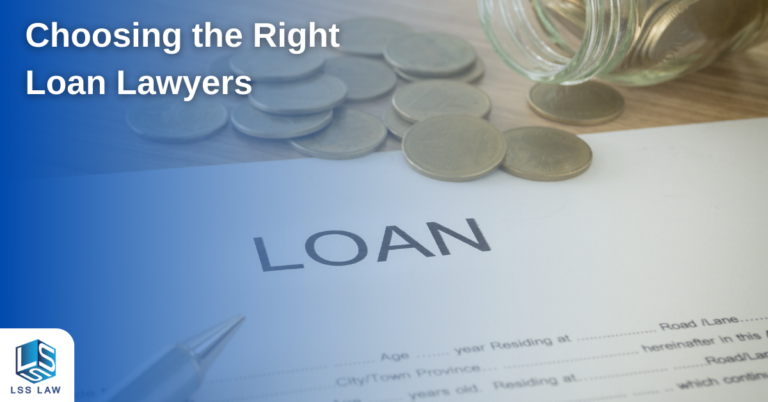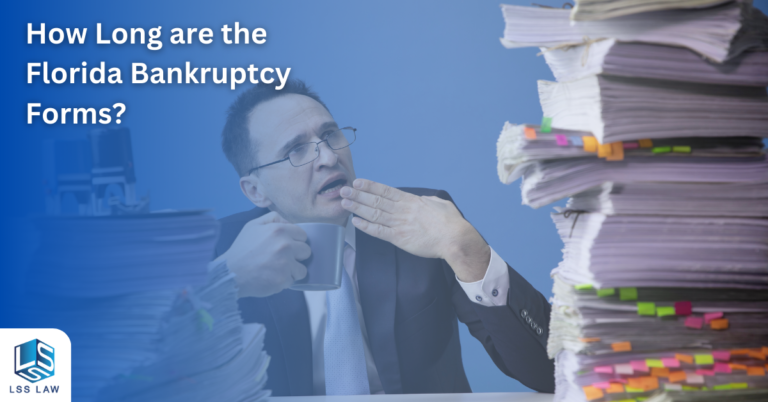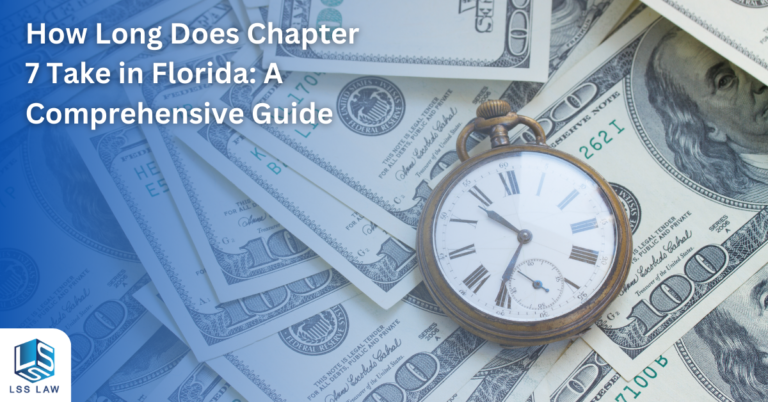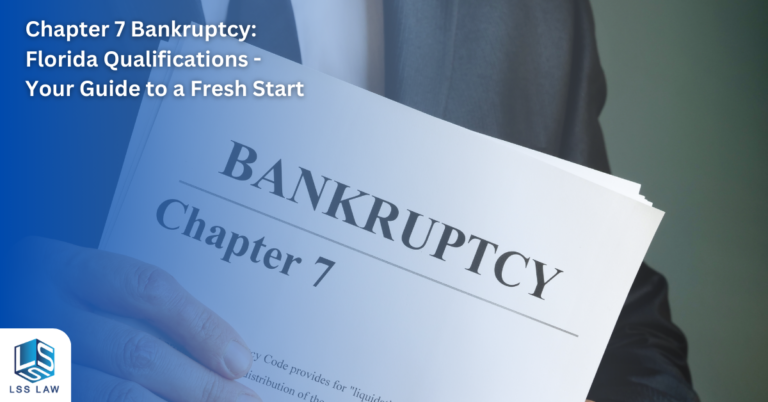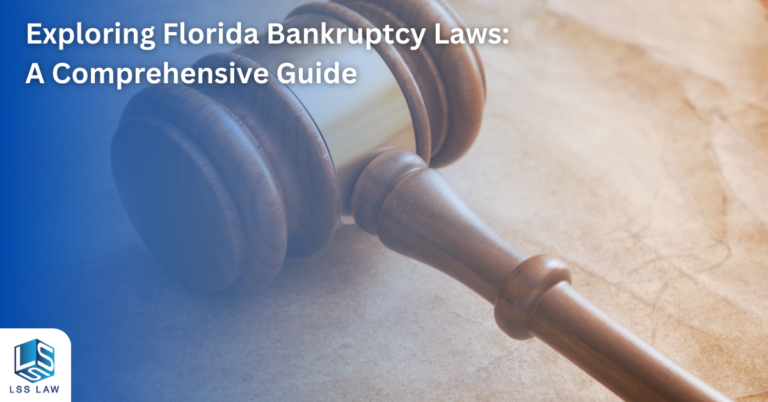Dealing with overwhelming debt can be a daunting and stressful experience. You may feel like you’re drowning in a sea of financial problems with no way out. But fear not, because help is available. When it comes to tackling debt and finding the right path towards financial freedom, choosing the right loan lawyers in Fort Lauderdale for bankruptcy assistance can make all the difference. In this article, we’ll explore the importance of finding the right legal representation and how it can help you navigate the complex world of debt relief and bankruptcy.
Why is it Important to Choose the Right Loan Lawyers?
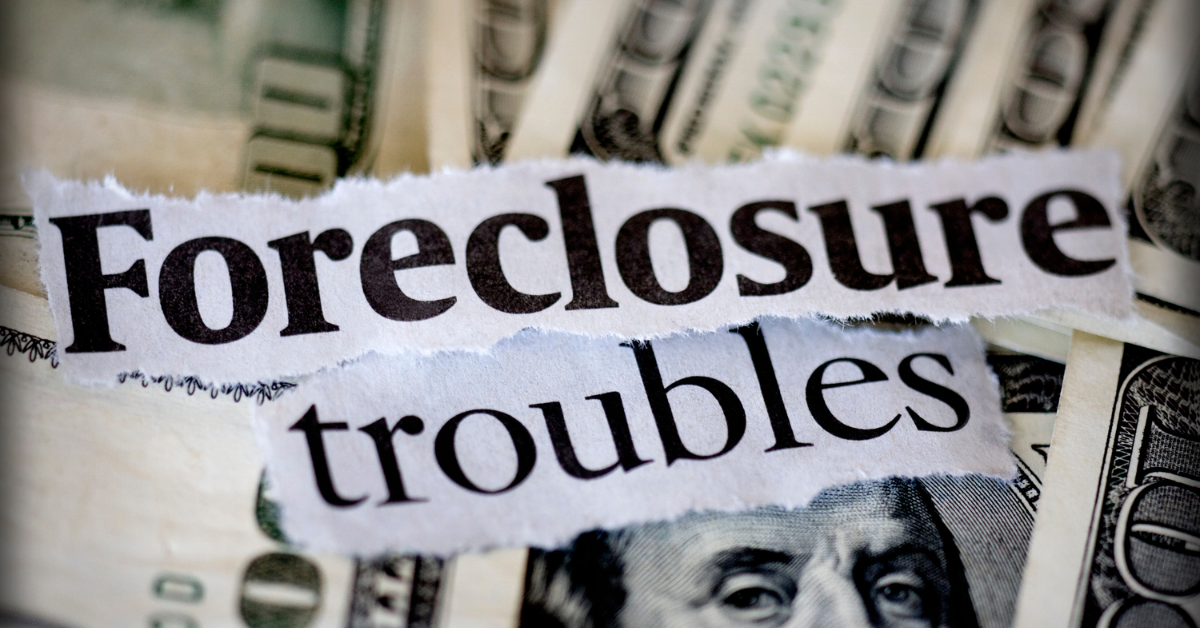
Bankruptcy is a complex area of law that requires specialized knowledge and expertise. Working with an experienced attorney can help ensure that you receive the most effective legal representation and guidance throughout the process. Here are some reasons why choosing the right loan lawyers is crucial:
- Expertise in Bankruptcy Law: Bankruptcy attorneys have extensive knowledge of federal and Florida bankruptcy laws, allowing them to provide accurate and up-to-date legal advice. They can help you understand the different types of bankruptcy, such as Chapter 7, Chapter 13, and Chapter 11, and determine which option is best suited for your specific situation.
- Strategic Planning: A successful bankruptcy petition requires careful planning to protect as many assets as possible and maximize debt relief. Experienced attorneys can help you develop a comprehensive strategy, taking into account your financial goals and unique circumstances.
- Navigating the Process: The bankruptcy process can be complicated and intimidating, with numerous forms, deadlines, and procedural requirements. Skilled attorneys can help guide you through each step, ensuring that you comply with all legal requirements and avoid costly mistakes.
- Communication with Creditors and Trustees: Bankruptcy attorneys can act as your advocate, handling communications with creditors, trustees, and other parties involved in your case. This can help alleviate some of the stress and anxiety associated with dealing with aggressive creditors and complex legal issues.
- Post-Bankruptcy Support: The right bankruptcy law firm can also provide guidance and support as you work to rebuild your credit and regain financial stability after your case is resolved. They can offer advice on budgeting, credit repair, and other financial matters to help you get back on track and avoid future financial problems.
How to Find the Right Loan Lawyers in Fort Lauderdale
When searching for the right loan lawyers in Fort Lauderdale, consider the following factors:
Experience: Look for attorneys with a proven track record in bankruptcy law and a history of successful case outcomes. This can help ensure that you receive knowledgeable, competent legal representation.
Reputation: Research the law firm’s reputation by reading reviews, testimonials, and case studies. This can provide insight into the quality of their services and their ability to achieve outstanding results for their clients.
Accessibility: Choose a law firm that is easily accessible and responsive to your needs. This includes offering flexible appointment times, convenient locations, and prompt communication.
Free Consultation: Many bankruptcy attorneys offer a free initial consultation to discuss your financial situation and explore your options. This can be an excellent opportunity to get a sense of the attorney’s expertise, communication style, and approach to your case.
By taking the time to research and select the right loan lawyers in Fort Lauderdale for bankruptcy assistance, you can ensure that you receive the guidance, support, and legal representation you need to successfully navigate the bankruptcy process and achieve a brighter financial future.
Exploring Debt Relief Options with a Skilled Attorney
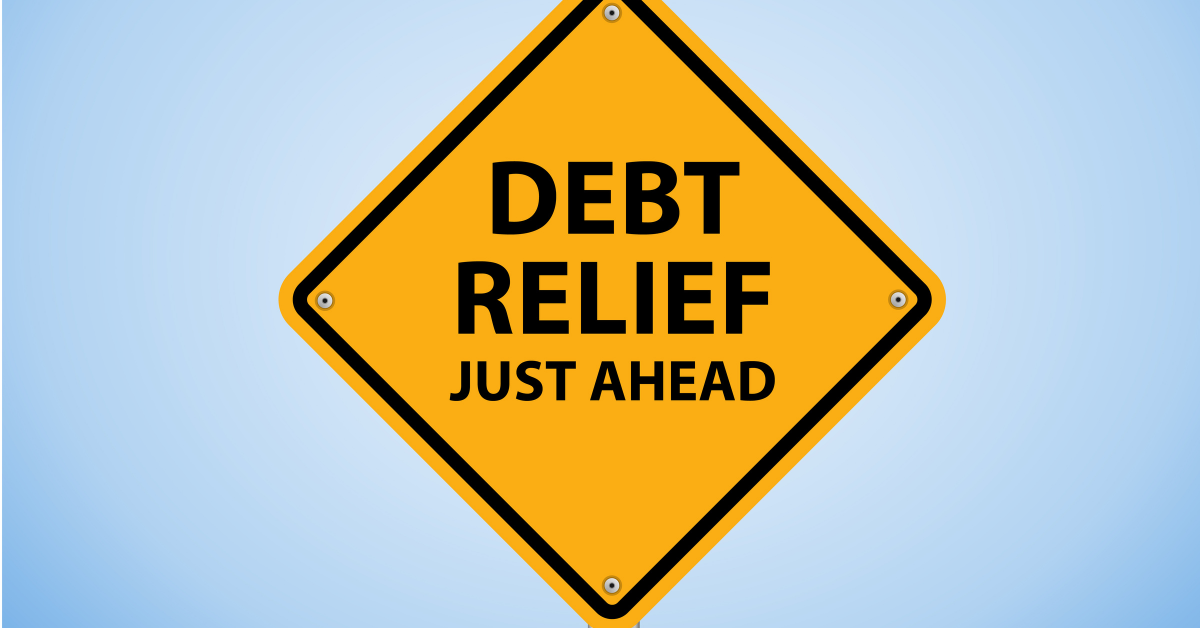
When facing financial difficulties, it’s essential to explore all available debt relief options before deciding on a course of action. A skilled attorney can help you evaluate various strategies, including:
Debt Settlement
Debt settlement involves negotiating with creditors to reduce the amount you owe and establish a repayment plan. This can be a viable option for individuals with significant unsecured debt, such as credit card debt or medical bills. An experienced attorney can help you develop a debt settlement plan, negotiate with creditors on your behalf, and ensure that any settlement agreements are fair and legally binding.
Debt Consolidation
Debt consolidation involves combining multiple debts into a single, more manageable loan with a lower interest rate. This can help simplify your debt repayment process and potentially save you money on interest. A knowledgeable attorney can help you determine if debt consolidation is a suitable option for your situation and assist you in finding the best consolidation loan for your needs.
Bankruptcy
If debt settlement or consolidation is not feasible, filing for bankruptcy may be the best option for obtaining debt relief. Bankruptcy can help eliminate most, if not all, of your unsecured debts and provide you with a fresh financial start. A skilled attorney can help you determine which type of bankruptcy is best suited for your situation and guide you through the entire process, from filing to discharge.
Protecting Your Legal Rights During Debt Collection
Dealing with debt collectors can be a stressful and often intimidating experience. However, it’s crucial to remember that you have legal rights and protections under federal laws, such as the Fair Debt Collection Practices Act (FDCPA). An experienced attorney can help you understand your legal rights and ensure that aggressive creditors and debt collectors do not violate them. Some of the protections provided by the FDCPA include:
- Prohibiting debt collectors from using abusive or harassing tactics
- Restricting the hours during which debt collectors can contact you
- Requiring debt collectors to provide written validation of the debt they are attempting to collect
- Allowing you to dispute the debt and request verification
If a debt collector violates your rights under the FDCPA, your attorney can help you take legal action against them and potentially recover damages for any harm caused.
Understanding the Impact of Bankruptcy on Your Credit Report
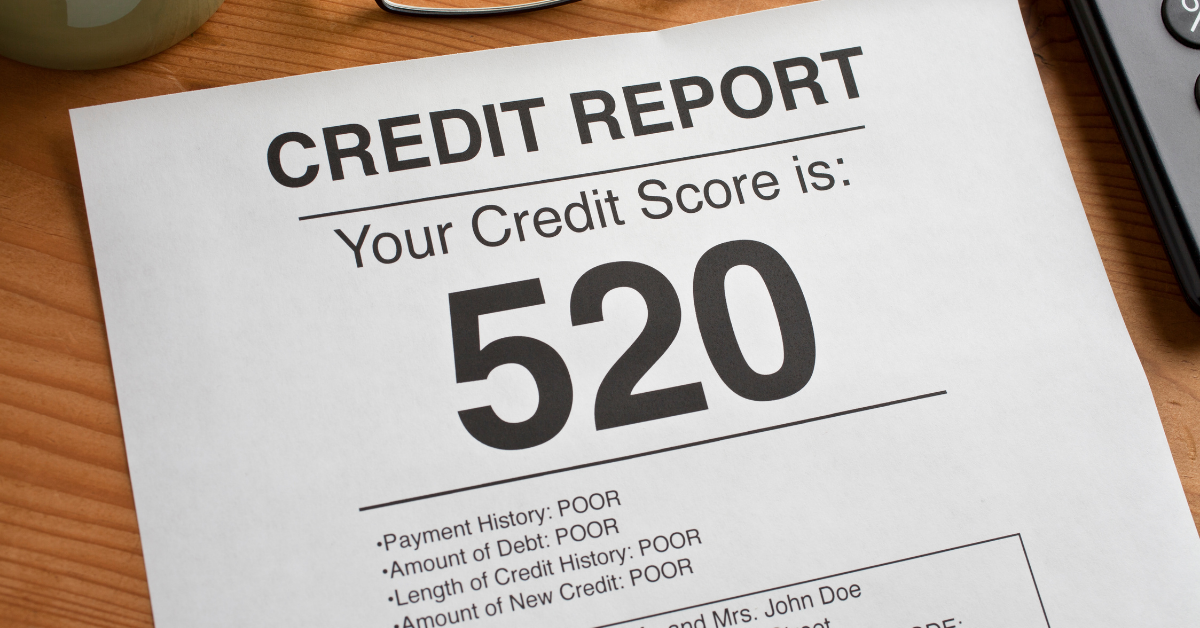
Filing for bankruptcy will have an effect on your credit report, but it’s essential to remember that it doesn’t necessarily mean a permanent negative impact on your credit score. In fact, many individuals find that their credit scores improve after filing for bankruptcy, provided they follow the correct recommendations and take steps to rebuild their credit.
How Bankruptcy Affects Your Credit History
When you file for bankruptcy, the information is recorded on your credit report and remains there for a specific period, depending on the type of bankruptcy filed. For Chapter 7 bankruptcy, the information stays on your credit report for ten years, while for Chapter 13 bankruptcy, it remains for seven years. During this time, potential lenders and creditors may view the bankruptcy information when considering extending credit to you.
Rebuilding Your Credit after Bankruptcy
It’s crucial to take proactive steps to rebuild your credit after filing for bankruptcy. Some strategies for rebuilding your credit include:
- Paying your bills on time: Consistently making timely payments on your outstanding debts and monthly bills can demonstrate your commitment to responsible financial management and help improve your credit score over time.
- Obtaining a secured credit card: A secured credit card, which requires a deposit as collateral, can be an effective way to rebuild your credit. By using the card responsibly and making payments on time, you can demonstrate your creditworthiness and improve your credit score.
- Monitoring your credit report: Regularly reviewing your credit report can help you identify any errors or discrepancies that may be negatively impacting your credit score. You can also keep track of your progress in rebuilding your credit and ensure that all information is accurate and up-to-date.
Working with an experienced attorney can provide guidance and support throughout the bankruptcy process and help you develop a plan for rebuilding your credit after bankruptcy.
How a Free Consultation with a Bankruptcy Attorney Can Help You
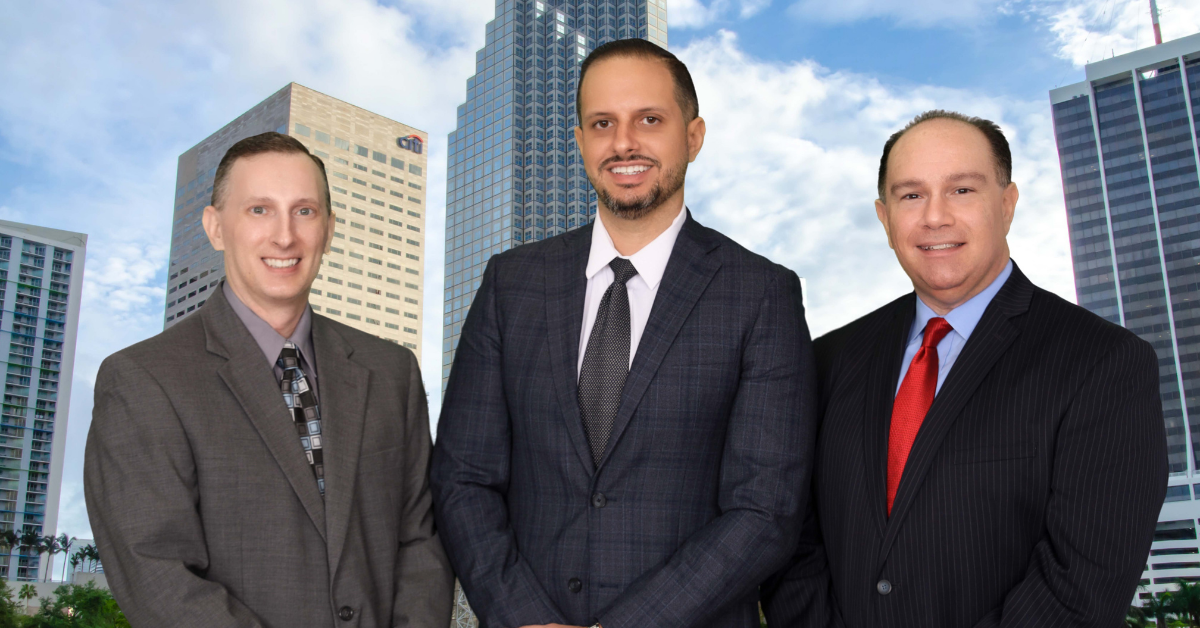
If you’re struggling with debt and considering bankruptcy, it’s essential to seek legal advice from a skilled attorney. Many bankruptcy law firms, including LSS Law, offer free consultations for personal bankruptcies (Chapters 7 and 13). During the initial consultation, you can expect the following:
- Evaluation of your financial situation: The attorney will review your assets, debts, and income to help determine whether bankruptcy is the right option for you.
- Discussion of bankruptcy alternatives: If bankruptcy isn’t the best solution for your specific circumstances, the attorney may suggest alternative debt relief options, such as debt settlement or consolidation.
- Explanation of the bankruptcy process: If you decide to move forward with filing for bankruptcy, the attorney will explain the process, including the necessary documentation, court procedures, and potential outcomes.
- Guidance on rebuilding your credit: The attorney can provide advice on how to rebuild your credit after bankruptcy, ensuring you’re on the right path to a brighter financial future.
Taking advantage of a free consultation with a bankruptcy attorney can provide valuable insight into your options and help you make an informed decision about the best course of action for your financial situation.
Choosing the Right Loan Lawyers | Fort Lauderdale Bankruptcy FAQ
We understand that navigating the complexities of bankruptcy and debt relief can be overwhelming. To help address some common concerns, we’ve compiled a list of frequently asked questions about choosing the right loan lawyers in Fort Lauderdale.
What is the difference between debt settlement and debt consolidation?
Debt settlement involves negotiating with creditors to reduce the amount you owe, while debt consolidation combines multiple debts into a single loan with a potentially lower interest rate. A skilled attorney can help you determine which option is best for your specific financial situation.
How can a bankruptcy attorney help me avoid foreclosure?
A bankruptcy attorney can help you explore options such as loan modification or foreclosure defense, which may allow you to keep your home while addressing your financial difficulties.
What is the role of a bankruptcy trustee?
A bankruptcy trustee is an impartial third party appointed by the court to oversee your bankruptcy case. They are responsible for reviewing your financial information, liquidating non-exempt assets, and distributing funds to your creditors.
How long does it take to rebuild my credit after bankruptcy?
Rebuilding your credit after bankruptcy takes time and effort, but it is possible. By following recommended strategies such as establishing new credit, making timely payments, and maintaining a low debt-to-income ratio, you can gradually improve your credit score over time.
Are there any alternatives to bankruptcy?
Yes, alternatives to bankruptcy include debt settlement, debt consolidation, and credit counseling services. An experienced attorney can help you explore these options and determine the best course of action for your specific situation.
What is the Florida homestead exemption and how does it protect me?
The Florida Homestead Exemption allows homeowners to protect their primary residence from creditors in most cases. This exemption can be an essential tool in protecting your assets and maintaining financial stability. A Florida attorney can help you understand the homestead exemption and ensure that you are taking full advantage of this valuable protection.
Contact Us to Learn More About Bankruptcy in Fort Lauderdale
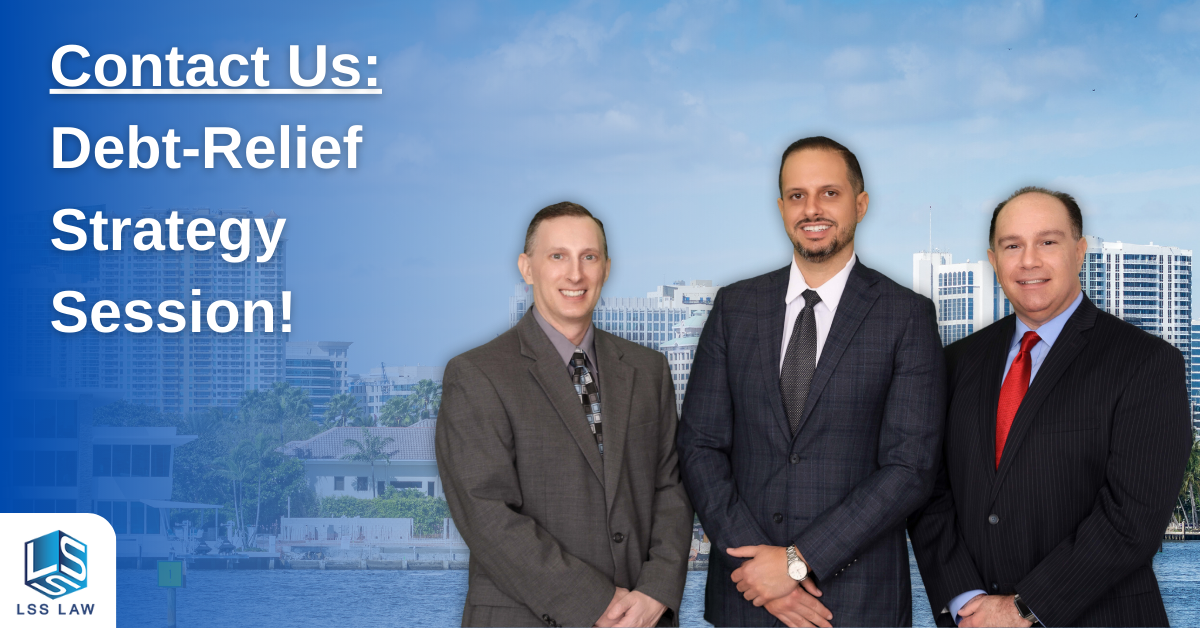
If you’re struggling with debt and considering bankruptcy or other debt-relief options, don’t hesitate to reach out for help. At LSS Law, our experienced attorneys are committed to helping you remove the financial burden and open the door to a brighter future. Contact us today to schedule a free consultation for personal bankruptcies (Chapters 7 and 13) at our Fort Lauderdale or Miami locations. You can call us at (954) 466-0541 or visit our contact page to schedule your no-cost Bankruptcy Strategy Session.
